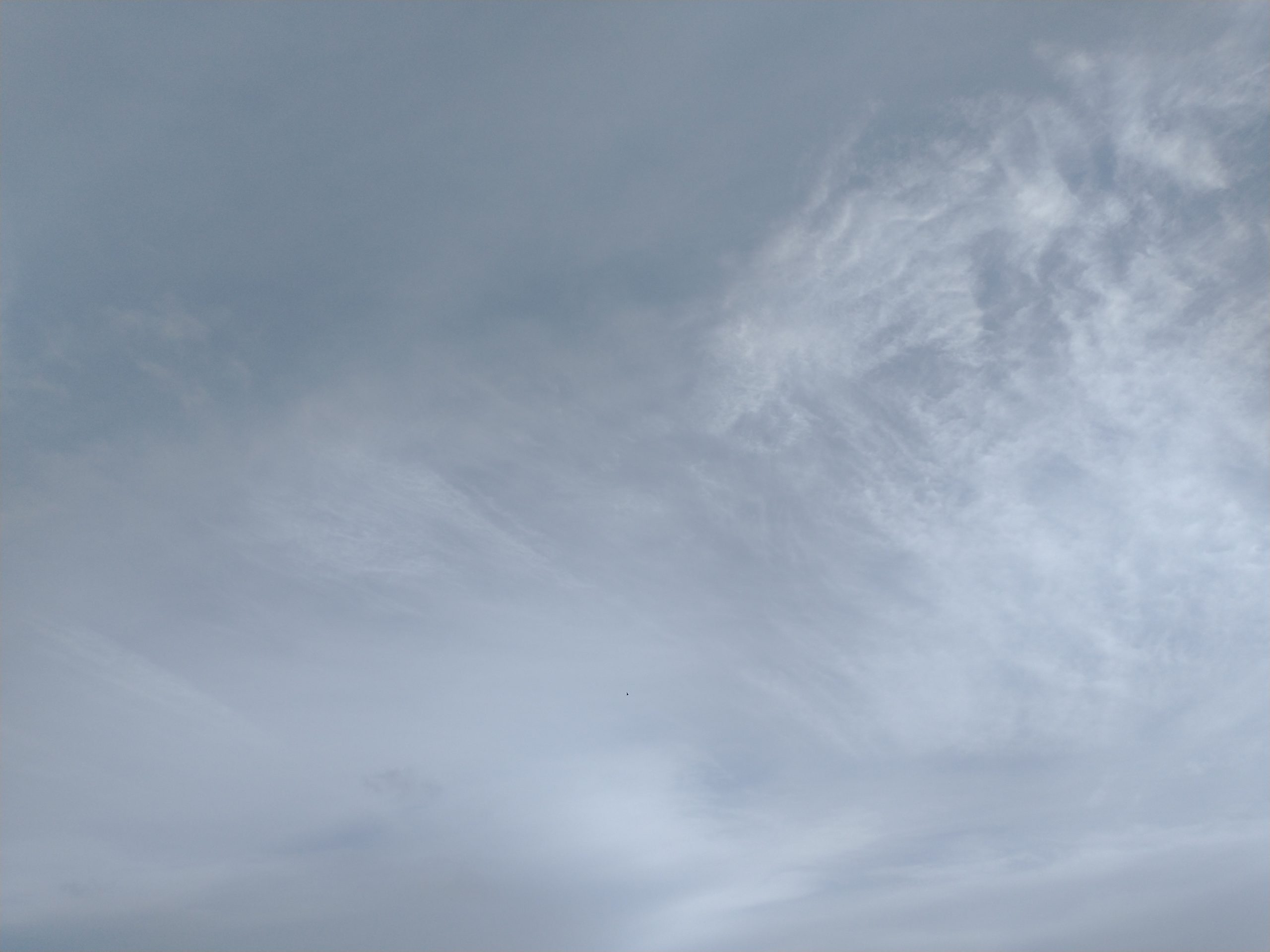 One of our regular walks in the nearby hills takes us past a cornfield, which we discovered in the first lockdown.
One of our regular walks in the nearby hills takes us past a cornfield, which we discovered in the first lockdown.
It was Spring then, and the field was softly green. We were thrilled to see larks emerging from their hiding-places among the rows of corn, rising up into the sky and singing when they reached a height where we often couldn’t see them any more. During the months of lockdown we were often to be seen standing at the edge of that field, gazing sky-wards, hoping to hear larksong.
Of course, over the winter the birds were silent. It felt as if someone had forgotten to switch on the volume in the treetops. Only rooks seemed to have the energy to go on quarrelling.
But today, for the first time since winter, we saw and heard larks again. The cornfield is still a greyish-brown stubble. But from among the rows of stubble, larks rose up, singing as they went. One of them’s in this photo, so high and distant that you can only see him by zooming in. Nevertheless the pale February sky with its wisps of cloud gives an impression of the morning.
It’s probably heretical to admit that I’ve never fallen in love with Vaughan Williams’ The Lark Ascending, regularly voted the nation’s favourite piece of classical music. It has a lovely atmosphere, but for me it’s rather self-indulgent, prioritising the composer’s emotions rather than evoking nature. When you hear a lark in the countryside, its song is fragile. The bird is often so high in the sky that you strain to hear it; what comes to your ears are delicate fragments blowing past on the wind.
In his setting of George Meredith’s poem, Vaughan Williams beautifully evokes the lines: ‘Our valley is the golden cup/And he the wine that overflows/To lift us with him as he goes’. But to my ear, the song of the lark is less luxuriant than overflowing wine – and perhaps more touching because of it.




But is The Lark Ascending really just about a bird? People assume it is, but is this enough to account for why it has such a strong emotional effect? Isn’t this the reason why it has ended up the nation’s favourite piece of classical music (Unfortunately. I like it very much but his 3rd, 5th and 9th symphonies are much more deserving). Is it right to say the work is a ‘setting’ of the Meredith quote? Isn’t that just an epigraph, more subordinate than a text? What does evoking nature mean in music? Would the work be better if it were more ornithologically true? What does that mean in music? If so, why use music at all? Isn’t it perfectly appropriate that the work should be an expression of human emotions toward the subject? How could that be avoided? Why should it be avoided? Why assume those feelings are only about the bird? What else might be going on in this pastoral? My favourite provocative suggestion about The Lark Ascending came from an american musicologist who suggested we should see the mise en scene as post-coital …
Quite right, Rikki -I shouldn’t have used the word ‘setting’. Not a setting, but an evocation. And yes, the piece seems to have so many different resonances for different people: nostalgia, English pastoral, the War, lost love.
That’ll teach me to make a simplistic link between an experience in the natural world and a piece of music!